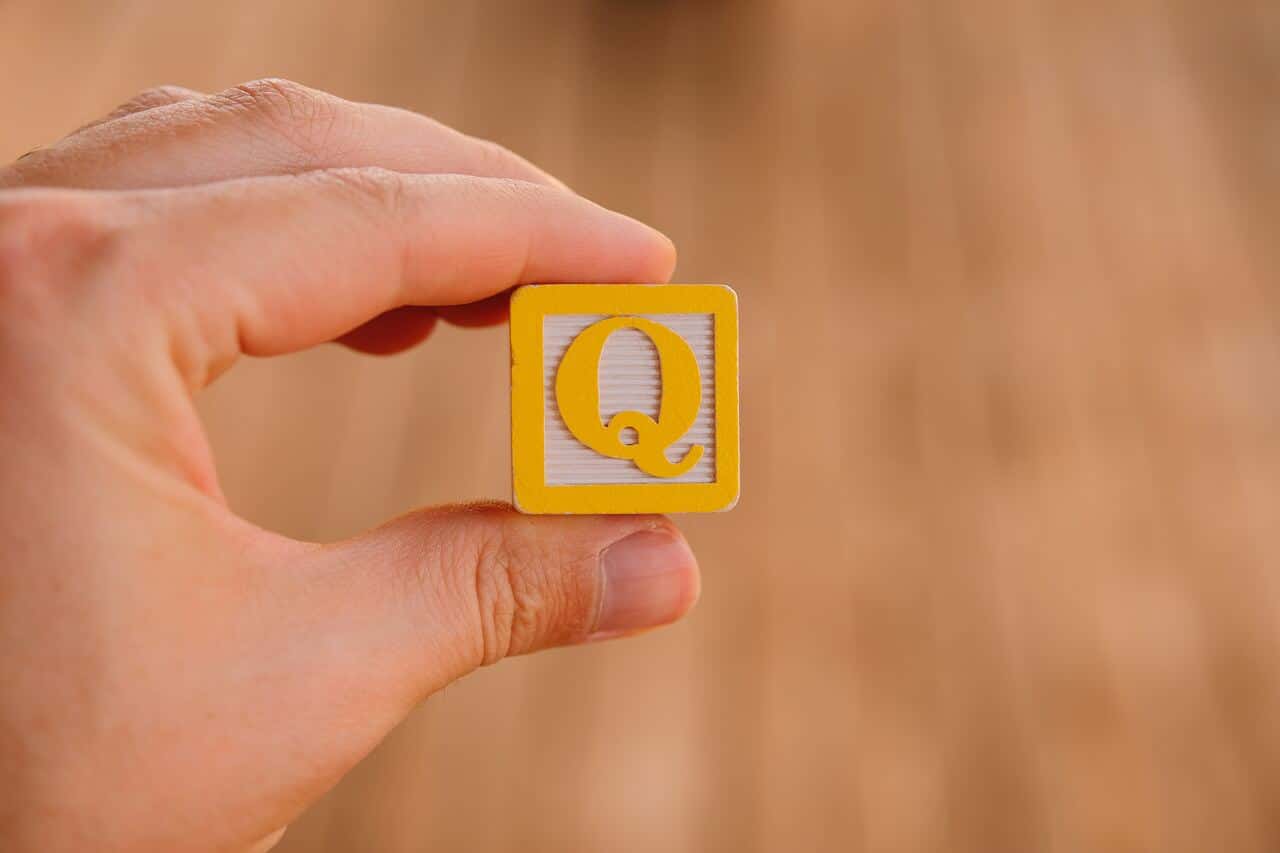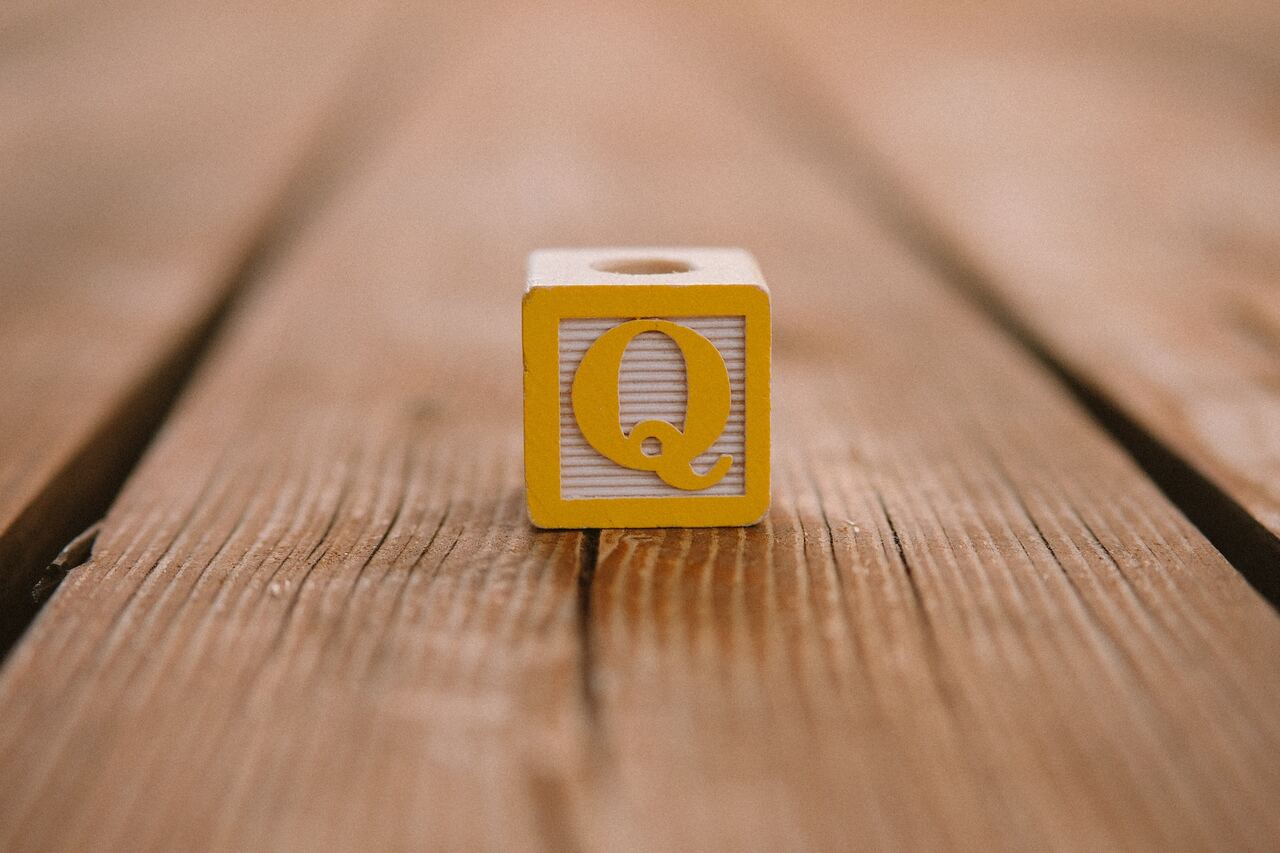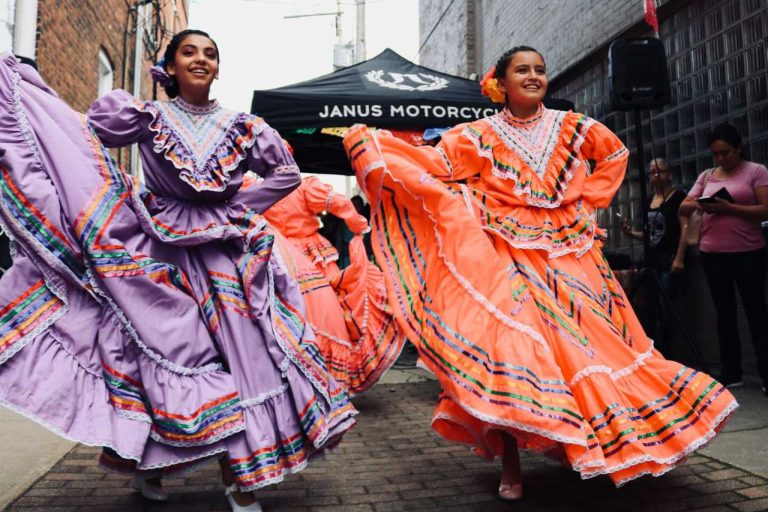
Spanish Words That Start With Q
DATE:
Did you know that the letter Q, often tucked away quietly in the corners of dictionaries, is one of the least used letters in the Spanish language? It might be elusive, but don’t be fooled by its rarity. When it does make an appearance, it’s nothing short of spectacular. As the cornerstone of several fundamental words, the letter Q possesses an intriguing allure. In this comprehensive exploration, we’re about to unravel the enigma of Spanish words that start with Q.
Join us as we embark on this journey, promising not only to enrich your vocabulary but also to deepen your appreciation and connection with the nuances of this splendid language.
History Of Letter Q In Spanish Language
When people think of the Spanish language, words starting with the letter Q might not immediately come to mind. After all, it’s a less frequent player in the game. But what a fascinating history it has!
Origin and Influence
Derived from Latin, the letter Q in Spanish has remained relatively consistent in its usage. It’s often accompanied by the letter ‘u’ forming the “qu” combination. This partnership is a long-standing tradition, and in English, we can find parallels in words like “quick” and “quote.”
Modern Usage
In contemporary Spanish, the “qu” pairing stands firm. From everyday phrases to more specialized terms, it’s a combination that has lasted the test of time. Our Dedicated Teachers at SpanishVIP are always excited to delve into this with students, bringing both the history and the practical applications to life.
How To Use the Letter Q in Spanish
In the Spanish language, the letter “Q” is always followed by the letter “U” when it’s used to form words. This pairing is similar to English in terms of spelling, but the pronunciation and usage have their unique flair in Spanish.
The main reason for the “QU” combination in Spanish is to represent the sound [k]. Here’s a breakdown:
When “QU” is followed by an ‘E’ or ‘I’: the “U” is silent.
Examples:
- Qué (What) – pronounced as [ke]
- Quiero (I want) – pronounced as [ˈkjero]
- Quién (Who) – pronounced as [kjen]
In these cases, the “QU” combination ensures the hard [k] sound, which would otherwise change if just a “C” was used. (For comparison, “CE” and “CI” in Spanish produce a soft [θ] sound in Spain, like the “th” in “thin”, or an [s] sound in most parts of Latin America.)
When “QU” is followed by ‘A’ or ‘O’: again, the “U” is silent.
Examples:
- Quasar – pronounced as [ˈkwasar]
- Quorum – pronounced as [ˈkorum]
This usage is less common, but the principle remains the same.
It’s important to remember this rule when learning Spanish since pronouncing the “U” in “QU” combinations can lead to significant misinterpretations. Adjusting to this can be tricky for new learners, especially if they’re trying to associate Spanish pronunciation with English norms.
Furthermore, one might ask, “Why not just use the letter ‘C’?” Well, Spanish does use ‘C’, but its sound changes based on the vowel that follows. ‘C’ produces a hard [k] sound before ‘A’, ‘O’, or ‘U’ (e.g., “casa“, “como“, “cubo“), but a soft sound before ‘E’ or ‘I’. This soft sound varies by region: it’s like the “th” in “thin” in Spain (e.g., “cien” = [θjen]) and like the ‘s’ sound in most of Latin America (e.g., “cien” = [sjen]).
Thus, to maintain the hard [k] sound before ‘E’ or ‘I’, Spanish employs the “QU” combination. It’s a clever linguistic strategy to ensure clarity and consistency in pronunciation!

Spanish Nouns Starting With Q (Sustantivos)
Nouns are the building blocks of language, representing people, places, things, ideas, or concepts. They’re the names we give to everything around us. Curious about Spanish nouns that start with the letter “Q”? Dive into the list below!
|
Spanish |
English |
|---|---|
|
Química |
Chemistry |
|
Quimioterapia |
Chemotherapy |
|
Quince |
Fifteen |
|
Quincena |
Fortnight |
|
Quinoa |
Quinoa (a grain crop) |
|
Quirófano |
Operating room |
|
Quijada |
Jawbone |
|
Quiste |
Cyst |
|
Quinto |
Fifth |
|
Quinteto |
Quintet |
|
Quemadura |
Burn (skin injury) |
|
Quejido |
Moan or groan |
|
Queja |
Complaint |
Exploring this list, it’s fascinating to see the diversity and richness of the Spanish language encapsulated in just a handful of nouns. An interesting fact is the word “Quena.” This Andean flute has a deep cultural and historical significance in South America, especially in regions of Peru and Bolivia. It’s a testament to how nouns not only name objects but also capture the essence and stories of cultures and civilizations. Another intriguing word is “Quimera,” derived from Greek mythology, illustrating the interplay and influence of various cultures on the Spanish language. Isn’t language a marvelous tapestry?
DID YOU KNOW…?
In the early stages of Spanish, the letter ‘Q’ was often used in words where, today, we use the letter ‘C’. For instance, the Latin word “quattuor” evolved into the Spanish word “cuatro” (meaning ‘four’). This transformation is a testament to the dynamic evolution of languages over time!
Spanish Verbs Starting With Q (Verbos)
Verbs are the action words in a sentence, describing what’s happening. They can express actions (run, read), occurrences (become, happen), or states of being (be, seem). Eager to know some Spanish verbs that kick off with the enigmatic letter “Q”? Keep reading!
|
Spanish |
English |
|---|---|
|
Querer |
To want or to love |
|
Quitar |
To remove or take away |
|
Quebrar |
To break or to fracture |
|
Quedar |
To stay or to remain |
|
Quejarse |
To complain |
|
Quemar |
To burn |
|
Quebrantar |
To violate (a law) or to break (a promise) |
Skimming through these verbs, we can discern the versatility and depth of the Spanish language. A standout verb here is “Querer.” Its dual meanings, “to want” and “to love,” reflect the passionate nature of the language. Another captivating verb is “Quisiera,” a form of “Querer,” which beautifully captures a sense of longing or desire. It’s verbs like these that add layers of emotion and intent in conversation, revealing the heart and soul of the Spanish language. Isn’t it mesmerizing how a single verb can carry so much weight?

Spanish Adverbs Starting With Q (Adverbios)
Adverbs give our sentences a dash of intrigue, enhancing the verbs. Here’s one you might find captivating:
|
Spanish |
English |
|---|---|
|
Quízás or Quizá |
Perhaps or Maybe |
Interestingly, adverbs that begin with the letter “Q” aren’t as prevalent as those in other categories, but their contribution to the structure and expressiveness of Spanish sentences remains crucial.
Spanish Adjectives Starting With Q (Adjetivos)
Let’s adorn our nouns with some descriptive Spanish words starting with the letter Q:
|
Spanish |
English |
|---|---|
|
Querido |
Dear or beloved |
|
Quieto |
Still or calm |
|
Quisquilloso |
Fussy or picky |
|
Químico |
Chemical |
|
Quíntuple |
Quintuple (fivefold) |
|
Quejumbroso |
Whiny or complainy |
|
Quemado |
Burned or burnt |
|
Quebradizo |
Brittle or breakable |
|
Qualificado |
Qualified |
These adjectives, like “Querido” which expresses warmth and affection, or the Chilean term “Quillotro” describing chaos, showcase the depth of the Spanish language. Each word not only adds description but brings emotion and cultural nuance to our conversations. A true testament to the vibrant tapestry that is Spanish!
Last Thoughts
So, there you have it! An enlightening exploration into the world of Spanish words that start with Q. From its historical roots to its current-day application, this letter, though less frequent, remains quintessential in the grand tapestry of the Spanish language.
As you continue to explore and learn, always remember: every word, every phrase, every nuance adds a layer to your understanding. And if you ever find yourself perplexed by the quirks of the language, just think of how far you’ve come and the adventures that still await.
Keen on diving deeper into Spanish? SpanishVIP awaits with open arms, a wealth of knowledge, and a community that celebrates every step of your learning journey. So, why wait? Start exploring today with a free 1:1 class or free 7 days of group classes. Happy learning, and hasta la próxima!











